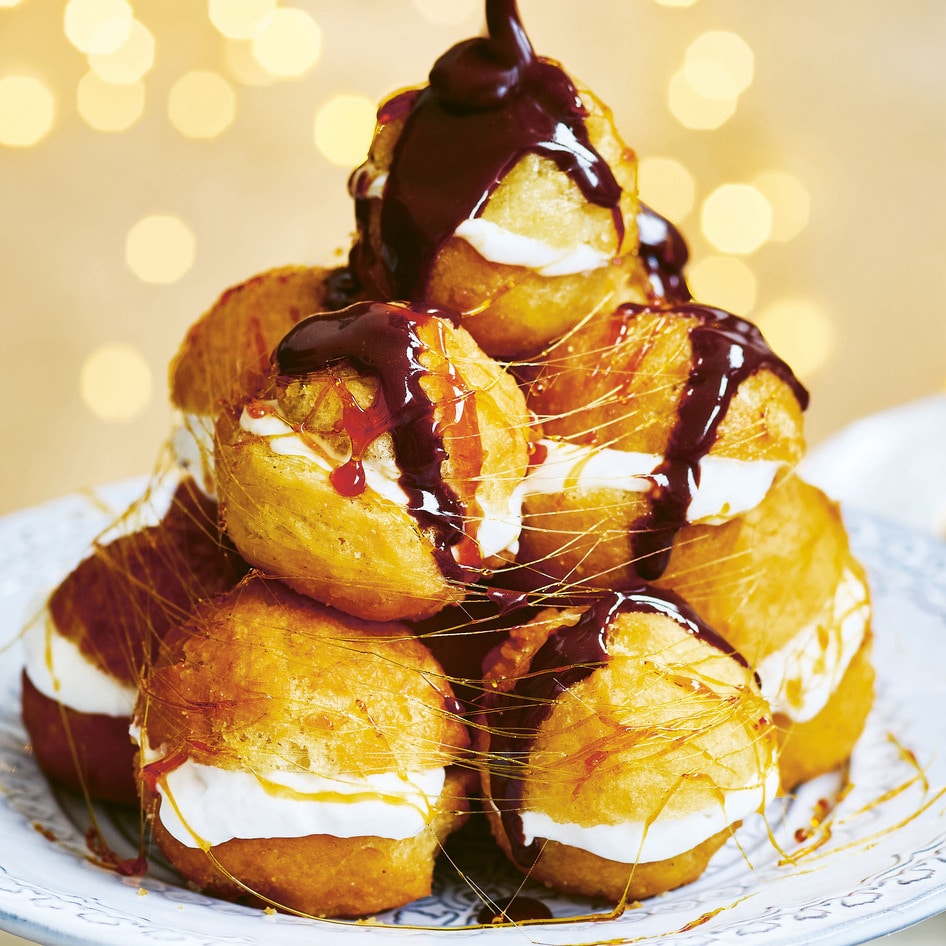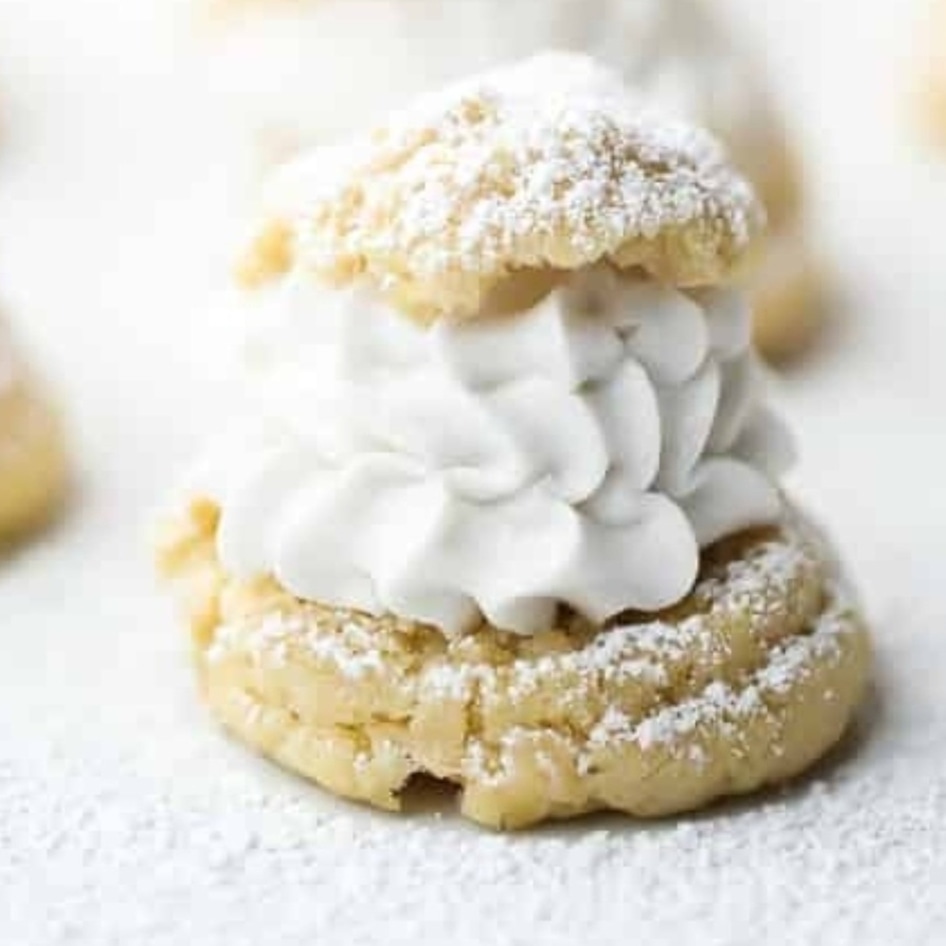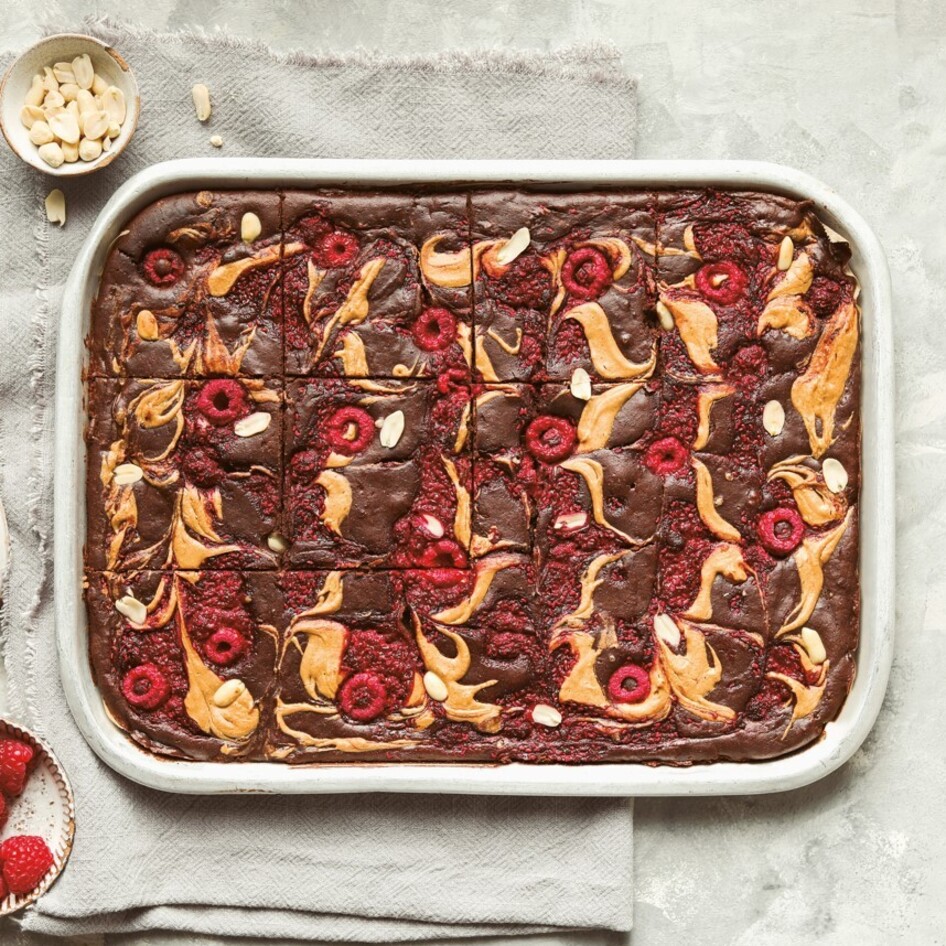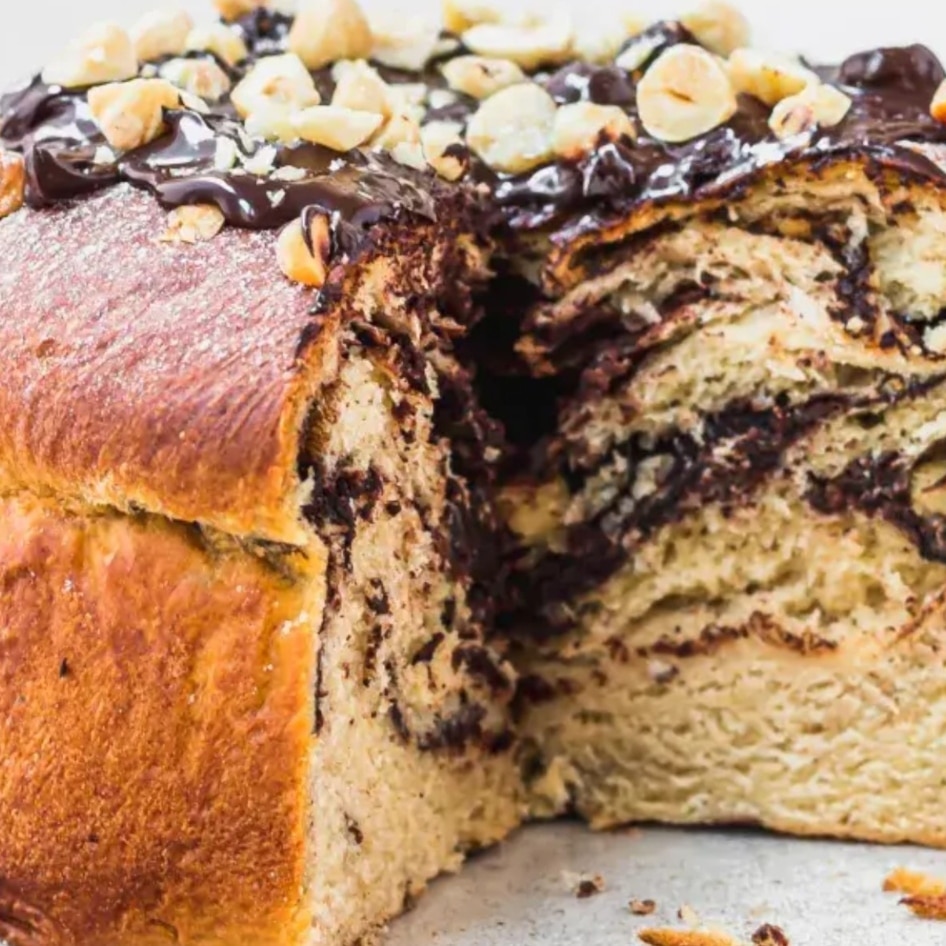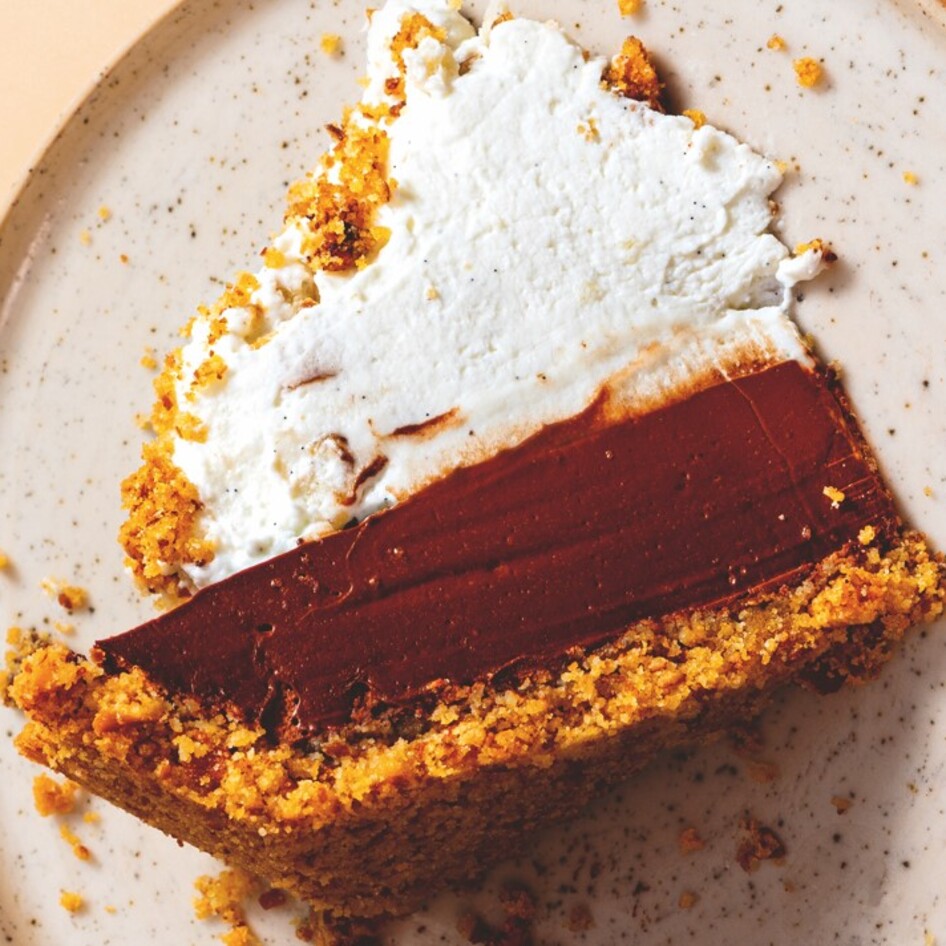It’s holiday season, and if you’re anything like us, that means it’s time to bake. However, as many good cooks know, baking is an art and a science, and things can become a bit tricky for those who are unfamiliar with plant-based substitutions. That said, there’s no need to fret because veganizing your favorite holidays treats has never been easier. To help put a plant-based twist on the table this season, we’ve developed eight ways to toss those eggs and dairy in favor of a vegan alternative that’s even tastier than “the real thing.”
1. Aquafaba
Aquafaba is the water you find in a can of chickpeas, and this stuff is amazing! You can whip it using a mixer and produce beautiful, fluffy meringue, which makes it the perfect ingredient for making macarons and vegan lemon meringue pie.
2. Flax egg
Flax eggs are our favorite for cakes, quick loaves, muffins, and cupcakes. You might think you know the flax egg, but we have a twist: use one tablespoon of ground flax and three tablespoons of aquafaba to replace each egg. Then, mix the ground flax and aquafaba in a small bowl and leave to gel at room temperature for approximately 10 minutes. If you use this egg substitute, your cakes will be light and fluffy with a great rise and tender crumb.
3. Applesauce
For baked goods that you want to be moist and tender (eg, gingerbread cake or pumpkin muffins) you can also try a quarter-cup of applesauce mixed with a half-teaspoon of baking powder. This mixture will provide a tender crumb, but it might not be so light and fluffy. One half of a mashed banana with a half-teaspoon of baking powder will also work, but it can provide a little banana flavor to your bake (which we think is a good thing!).
4. Soy, almond, cashew milk
These milks beautifully replace dairy milk in a cake or muffin. Some say soy works best because of its protein content, but we have great luck with nut milks as well. Try adding a teaspoon of vinegar per cup of plant-based milk and allow it to sour on the counter for a few minutes. This creates a buttermilk-like liquid and deepens the flavor of your bakes. This works especially well for pancakes you might be making for holiday brunches. Just remember that some people have allergies to soy or nuts and that if you use almond or cashew milk, your treats might not be school-friendly.
5. Pea, oat, rice milk
One great thing about pea-, oat-, and rice milks is that they are often allergy-free. Also great is the fact that they make for ideal dairy substitutes when baking for people who might have allergies. Rice milk tends to be a little thin, so you might want to add an extra teaspoon of oil or applesauce for each cup of rice milk you use.
6. Canned coconut milk
The secret to making delicious vegan cheesecakes, whipped cream, and pumpkin pie is canned coconut milk. Really, what you want is the coconut cream and not the milk, so leave your can in the refrigerator until the cream becomes firm and separates from the milk. Then, you can drain the milk and save it to use in smoothies.
7. Vegan butter and vegetable shortening
Cake or muffin recipes that call for dairy butter can be made with vegan butter instead. Vegan butter also makes a great butter substitute when you are making vegan buttercream. If you are baking a pie, try using 50/50 vegetable shortening and vegan butter to replace butter in a pie crust, as you will still get that buttery flavor and the tender texture.
8. Coconut oil
This magic stuff works pretty well as a butter substitute. Try using coconut oil in cakes, cupcakes, or muffins, or make a crumble topping. As a bonus, coconut oil is palm oil-free, as some vegan butters might not be.
Pamela Fergusson, RD PhD is a vegan dietitian in private practice in Toronto and a lecturer in the School of Nutrition, Ryerson.
JUMP TO ... Latest News | Recipes | Guides | Health | Subscribe
Photo courtesy of Chloe Coscarelli

